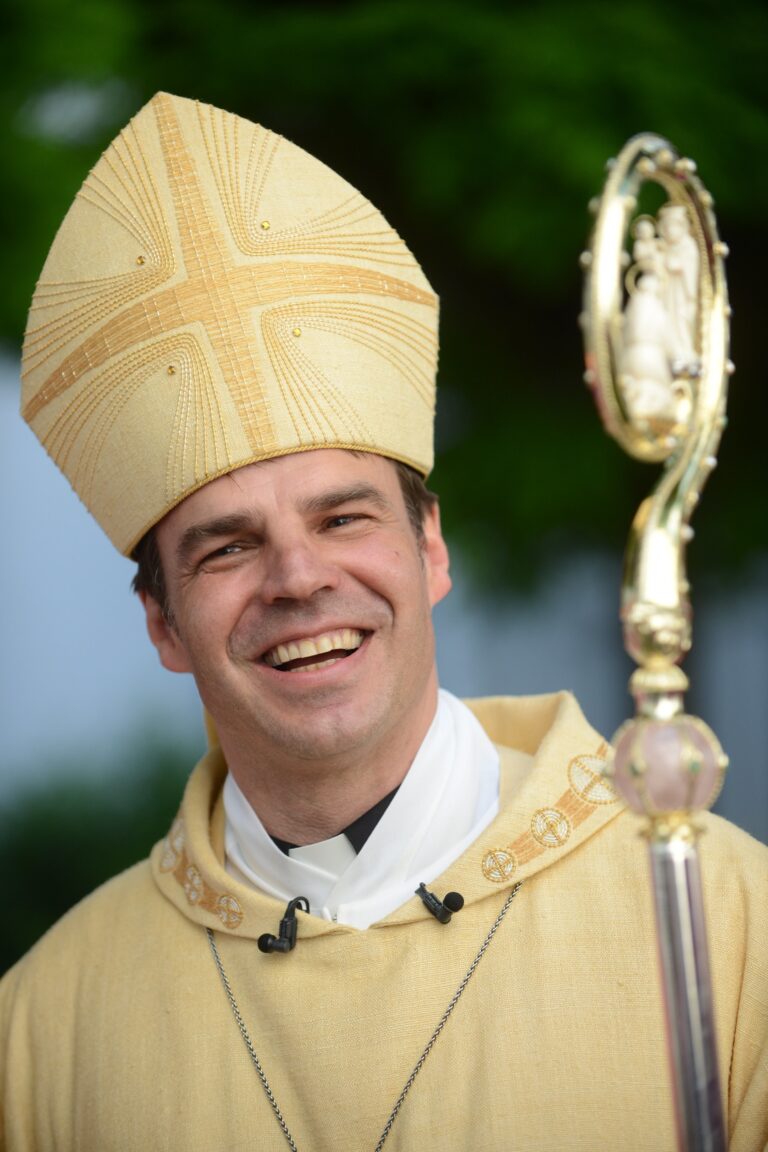The Bishop of Passau, Stefan Oster, has voiced strong criticism of the Synodal Path reform consultations of the Catholic Church in Germany.
The way the project had been conducted had intensified polarisation “among the people of God, among the bishops and in the relationship between the Church in Germany and Rome”, the bishop told the Catholic weekly newspaper Die Tagespost.
In the interview, the bishop also referred to the Synodal Path in the context of the high level of resignations from the Church with demands for reforms including a liberal sexual morality, the recognition of LGBTQ people, the ordination of women and the abolition of compulsory celibacy.
Leaving the Church
The dialogue had neared its conclusion last year with a number of far-reaching resolutions while the number of people leaving the Church had reached a new all-time high. “This was not necessarily due to the Synodal Path itself, but it almost certainly doesn’t bring about a turnaround either,” he said.
Most of the resolutions were about liberalising Church doctrine and discipline, he said. “You don’t even need to be a great prophet, you just need to look at Church history to see the following, put a little flippantly: when Church loosens up institutionally as a whole, the people of God end up loosening up even more.”
No doubt
There was indeed “much that is worthy of consideration” in the resolution texts of the Synodal Path. Nevertheless, it would further accelerate the “process of self-secularisation, in which we have already been stuck for a long time”. He said he had no doubt about that.
The bishop referred to his own experiences with several missionary projects in his diocese as well as abroad. “Wherever the claim of faith is softened or ‘lowered’ to a kind of feel-good spirituality, fertility is automatically lost there.“
Initiatives become fruitful in a positive sense “only in faithfulness to the Church, to its faith and its teaching,” Oster added. Without prayer and worship, any attempt at a new proclamation of the faith would remain fruitless. Such a path would initially “certainly no longer be a mass movement”, but would hopefully strengthen the resilience of some in the face of shocks and questions from society.
Originally reported by KNA Germany.



